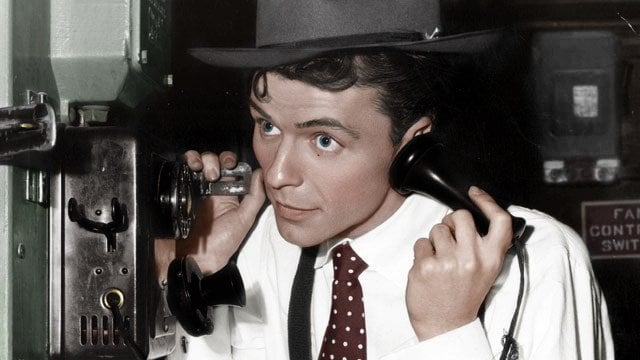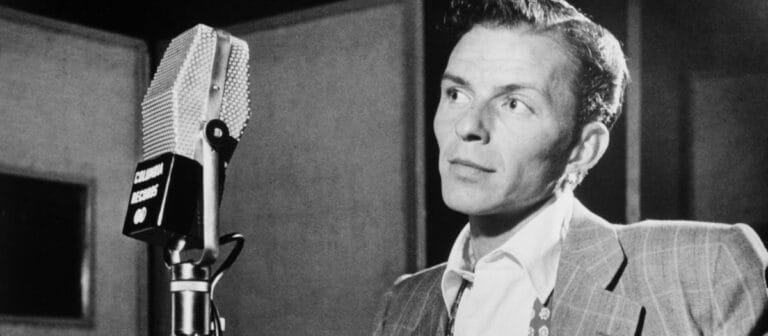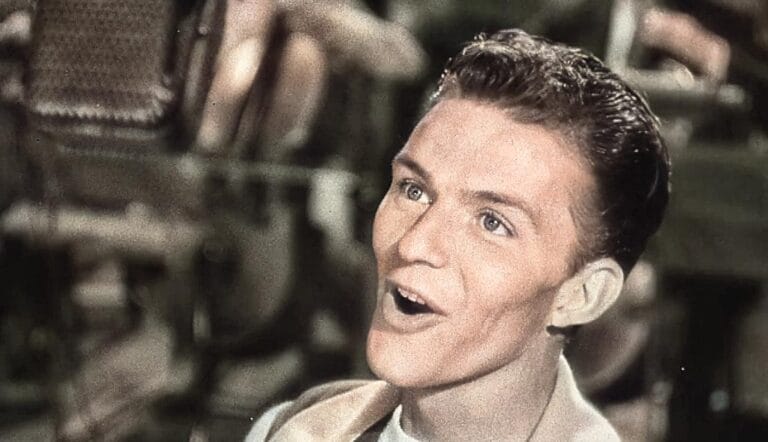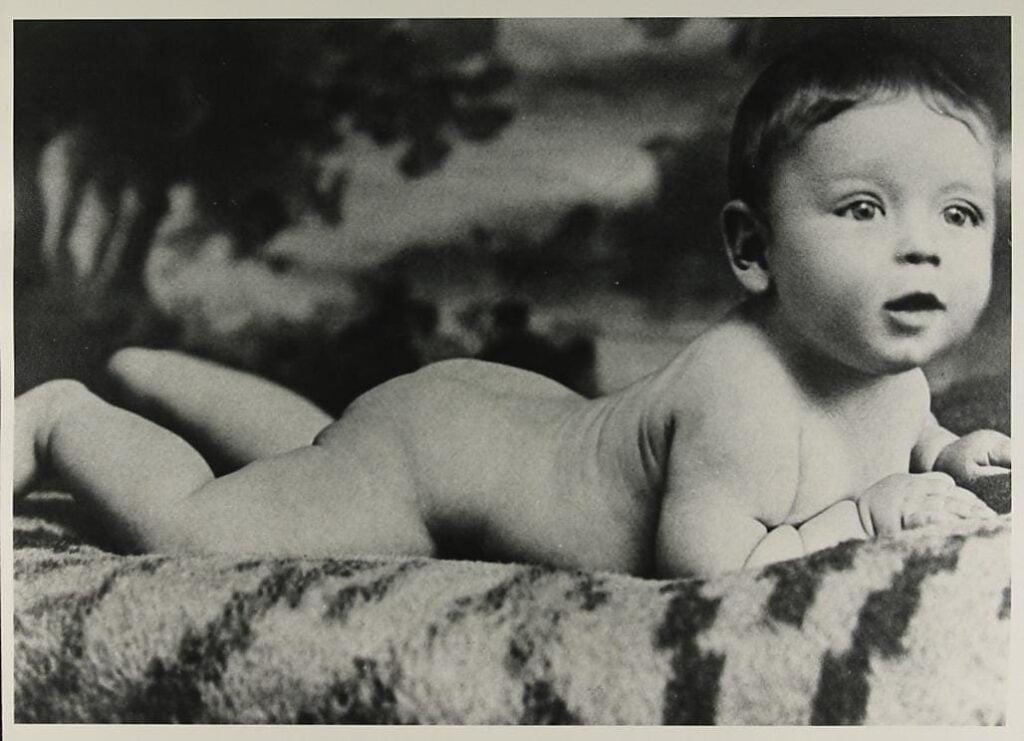
Biography 1915-1934
By Mahnuel Muñoz
Francis Albert Sinatra was born in Hoboken, New Jersey, on December 12, 1915. He was the only child of the Italian-born couple Antonino Martino “Marty” Sinatra and Natalina “Dolly” Garavente. His arrival into the world was very complicated, since he was a large baby that the doctor had to extract from the mother’s womb with the help of forceps that damaged the child’s face, neck and one of the eardrums and made it impossible for the young woman to mother could have children again.
The first years of his childhood were marked by the frequent absence of his parents, too busy working to raise the family. His father worked at the port, ran a bar and even boxed under the nickname Marty O’Brien, but his main job was with the Hoboken fire department.
The mother also had several jobs, although those that have gone down in history are those of a midwife – performing illegal abortions when necessary – and a member of the Hoboken Democratic Party.
When little Francis did not have to fend for himself, his grandmother Rose and his aunts Mary and Rosalía were in charge of taking care of him. The wound of his loneliness never healed, and now that he was a famous, rich and powerful artist, he avoided staying alone at home, prolonging the evenings of revelry until the sun rose or the last of his guests fell exhausted. Shortly after his daughter Nancy became a mother, Frank told her, “I hope you’ll consider having another baby. I was very lonely. Very lonely.”
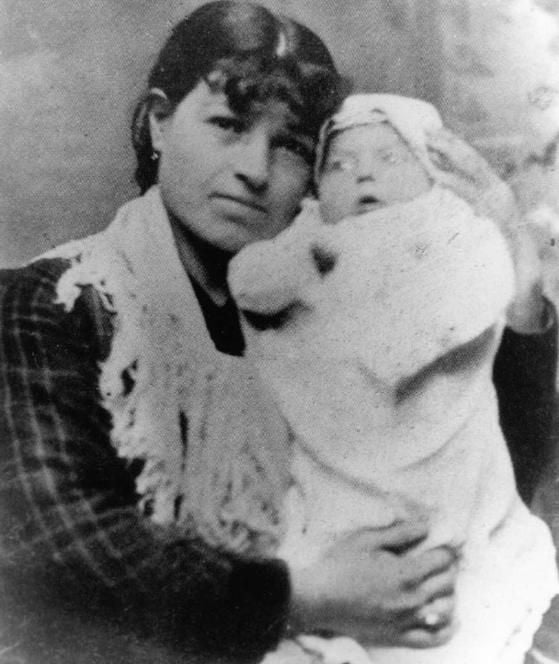
Sinatra grew up in an unsafe neighborhood, marked by tensions between coexisting races and ethnicities. Although he was involved in some fights, his family, led by his mother, did everything possible to keep him away from the lumpen, dressing him in elegant clothes and educating him to be a gentleman.
He grew up with an initial desire to go into engineering, fascinated with the idea of designing and building bridges, tunnels and highways. But soon his mind and heart were captivated by another discipline that would also allow him to establish links between all human beings: music.

At only twelve years old he amused his classmates and teachers at school by imitating the most popular actors and comedians of the moment, and at fourteen he began to explore his singing voice. The feeling of hearing his vocal timbre, pleasant and well intoned, made him very happy. He loved the applause. He ended up being expelled from classrooms for bad behavior. For Dolly, her son’s school failure was a very bitter pill to swallow, since she had placed in him the hope of seeing him become the first university graduate in the family, but given the boy’s firm conviction, she ended up giving him all her support. . Marty was not so understanding and told him that if he didn’t want to study, he would have to get a “real” job and forget about all that nonsense about being a singer.
Frankie had several jobs that didn’t last very long. He unloaded boxes of books and performed hard, dangerous jobs at the port. After he quit every job, Marty kicked his son out of his house. Frank had to stay in a room in New York while he looked for work, but he had no luck and returned home shortly after.
At the end of 1932 he began singing at night with some bands to earn some money. He managed to get his parents to lend him $65 with which he bought a portable sound system and several musical arrangements, something that made him stand out from his rivals. He sang at nightclubs, roadside diners, Democratic Party rallies, and meetings of the Hoboken Sicilian Cultural League.
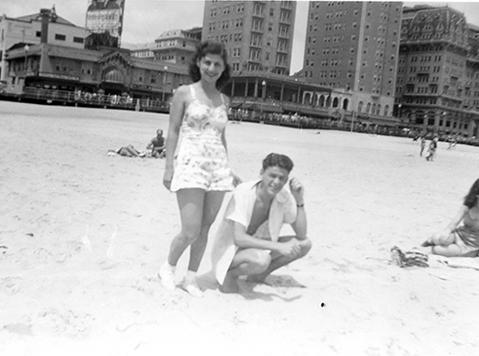
In the summer of 1934, while at his Aunt Josie’s house in Jersey Bay, Frank met his future wife, Nancy Barbato, who was enjoying vacations with her family across the road. Nancy was getting her manicure on the porch of her house and Frankie walked up to her while she was singing to him with a ukulele.

